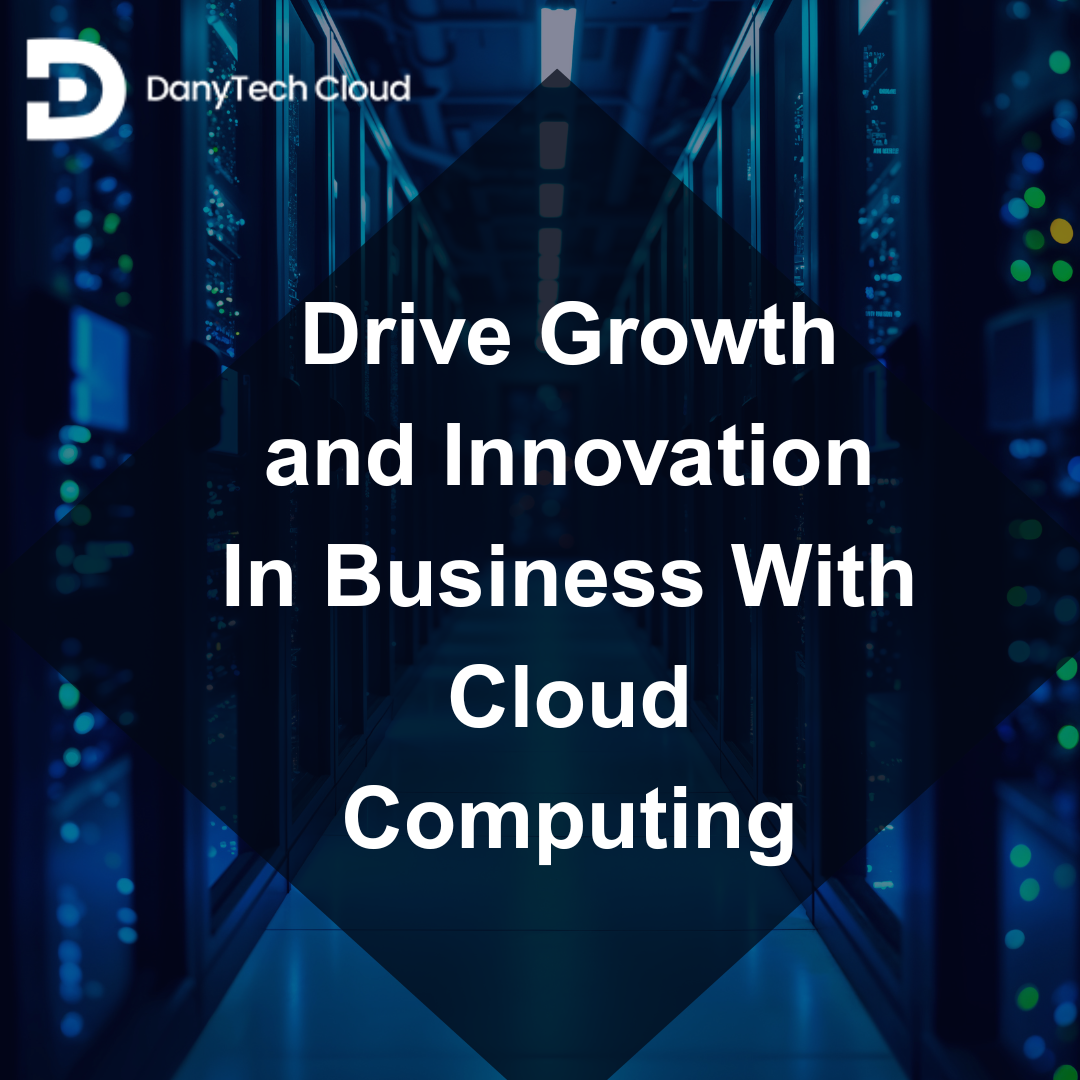Cloud computing has changed how businesses innovate, operate, and scale. From global enterprises to startups, businesses are moving their infrastructure, applications, and data to the cloud to stay competitive in the digital era. The benefits of cloud computing go far beyond cost savings.
In this blog, we will explore the business benefits of cloud computing, its challenges, strategic advantages, and how small businesses can leverage it to grow.
Key Benefits of Cloud Computing
If you are wondering “what are the benefits of cloud computing?” then cloud computing offers benefits that cover almost every aspect of modern business operations. From enabling global corporations to empowering startups, it provides advantages that traditional IT systems cannot match. Here are some of the very common advantages of cloud computing.
Small Business Growth
What are the benefits of cloud computing to small business? It usually operates with limited resources and budget, making it hard to invest in expensive IT infrastructure. Cloud computing balances the playing field by offering access to enterprise-grade solutions at the best rates.
- Low-Entry Costs: Through subscription-based models. Small companies and startups pay only for what they use.
- Faster Growth: Companies can scale operations without continuously upgrading servers.
- Data Protection: With the automated backups, it can reduce the risk of data loss.
- Better Collaboration: Cloud-based tools allow real-time teamwork across different locations.
For instance, considering benefits of adopting cloud computing, PostgreSQL hosting or Oracle APEX hosting will help small businesses access enterprise-level and reliable database management with no large upfront costs.
Strategic Agility
At a strategic level, cloud adoption encourages companies to respond quickly to market changes and new opportunities. The strategic benefits of cloud computing include:
- Faster Product Development: Cloud platforms support shorter development cycles and rapid prototyping.
- AI-Driven Innovation: Businesses can incorporate chatbots, predictive analytics, and recommendation engines powered by AI.
- Sustainability: Shared cloud environments minimize energy use compared to on-site data centers.
- Global Reach: Organizations can serve international clients without building physical infrastructure.
Organizational Efficiency
Inside an organization, the cloud smooths the workflows and enhances overall efficiency.
- Enhanced Security: Data is stored with compliance frameworks.
- Improved Collaboration: Distributed teams can communicate and share data seamlessly.
- Reduced IT Maintenance: Cloud database hosting provider handles system updates, upgrades, and patches.
Ecommerce Advantage
The ecommerce industry is among the biggest beneficiaries of cloud computing. Its demand for security, customer insights, and scalability makes the cloud a perfect fit. The benefits of cloud computing in ecommerce include the following:
- Customer Data Insights: Through AI-powered analytics, it helps personalize shopping experiences.
- Scalability During Peak Seasons: Retailers can handle spikes in demand during any sales events without downtime.
- Secure Transactions: Advanced encryption and fraud detection secure customer payments.
Mobile Accessibility
- Customer Data Insights: Through AI-powered analytics, it helps personalize shopping experiences.
- Scalability During Peak Seasons: Retailers can handle spikes in demand during any sales events without downtime.
- Secure Transactions: Advanced encryption and fraud detection secure customer payments.
With the rise of smartphone devices, benefits of mobile cloud computing have become an essential factor for businesses.
- Faster App Updates: Through the cloud, app updates roll out automatically.
- Cross-Device Access: Users can switch between devices without losing progress.
- AI-Powered Experiences: Cloud-based AI drives real-time transactions, voice assistants, and predictive texts.
SaaS Flexibility
Software as a Service or SaaS is one of the most well-known cloud models since it removes the need for local software installations. The benefits of SaaS cloud computing include:
- Easy Updates: Cloud providers manage upgrades and roll out new features automatically.
- Accessibility: Apps are available from anywhere with an internet connection.
- AI-Integration: Many SaaS platforms utilize AI to predict sales, analyze customer behavior, and automate marketing.
Security Enhancements
Security benefits of cloud computing are usually cited as a concern with cloud computing; however, in many ways, the cloud is more secure than on-premises systems.
- Advanced Encryption: Secures sensitive data both at rest and in transit.
- Disaster Recovery: Automated backups can ensure business continuity during outages.
- AI-Powered Threat Detection: Machine learning determines unusual activity and prevents breaches in real time.
Challenges of Cloud Computing
Cloud computing has become an essential enabler of business growth, but similar to any technology, it comes with potential hurdles. Understanding the challenges of cloud computing helps businesses make informed decisions about management and adoption.
- Vendor Lock-In: Organizations usually find themselves tied to a single provider’s managed database service ecosystem, restricting flexibility and making it difficult to migrate to another platform.
- Dependency on Internet Connectivity: Cloud services demand a stable internet connection. Poor connectivity or downtime can disrupt workflows.
- Cost Management: While cost savings are a key benefit, uncontrolled usage of cloud resources can result in unexpected bills. Proper monitoring and governance are crucial.
- Compliance with Industry Regulations: Sectors like banking, government, and healthcare must adhere to strict data protection rules. Ensuring compliance in the cloud demands careful vendor selection and continuous monitoring. Companies can go for fully managed database service to avoid technical issues.
What Are the 5 Key Features of Cloud Computing?
Cloud computing remains unique because of its five key features, which make it reliable, flexible, and efficient.
- On-Demand Self-Service: Users can set up resources such as servers, storage, and apps whenever they need them without waiting for IT staff.
- Resource Pooling: Computing resources are pooled together and dynamically granted to multiple users based on demand, making it affordable.
- Broad Network Access: Services are accessible over the internet from different devices, including tablets, smartphones, and other devices.
- Rapid Elasticity: Businesses can immediately scale resources up during peak times and scale down when demand drops.
- Measured Service: Cloud usage is monitored and billed like a utility, so businesses pay only for what they use, preventing wasted spending.
What Are Three Main Uses of Cloud Computing?
If you are considering “ What are the three most common reasons to use cloud? They include a wide range of business and industry demands; however, three stand out:
- Data Storage and Backup: Organizations rely on the cloud for scalable, secure, and redundant storage. This minimizes the risks of losing critical information because of hardware failures.
- Application Hosting (SaaS): Famous apps like project management tools, HR systems, and CRMs are delivered as a service, enabling businesses to utilize powerful software without maintaining or installing it locally.
- Big Data Analytics and AI-Driven Insights: Cloud platforms allow businesses to analyze massive datasets using AI and machine learning. For instance, retailers use it for customer behavior analysis while healthcare organizations use it for predictive
Conclusion
The benefits of cloud computing in an organization are changing modern business. From unlocking AI-driven insights to reducing costs, cloud adoption is no longer an option; it is a necessity for innovation and growth. Whether you are leveraging a global enterprise deploying Oracle APEX hosting for scalability or PostgreSQL hosting for agility, the cloud provides a future-ready or secure foundation. When you balance the benefits and challenges of cloud computing, companies can embrace digital transformation and unlock unlimited potential.




